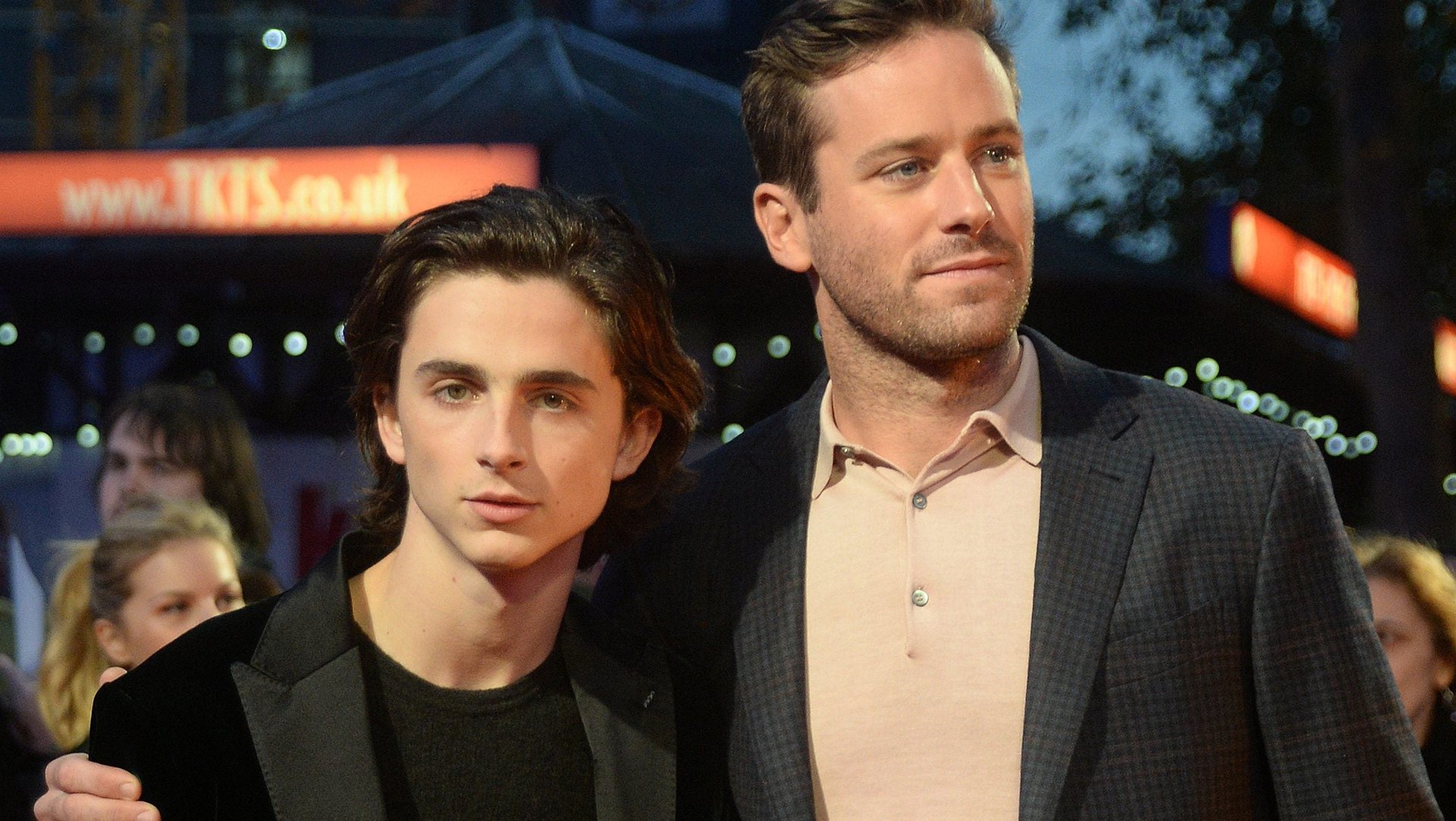How critics addressed the teenage-adult sex in “Call Me By Your Name”
By virtually all accounts, Call Me By Your Name, a new film directed by Italian director Luca Guadagnino, is a masterpiece—more than one critic has used that word to describe it.


By virtually all accounts, Call Me By Your Name, a new film directed by Italian director Luca Guadagnino, is a masterpiece—more than one critic has used that word to describe it.
The movie, adapted by James Ivory from the book of the same name by Andre Aciman, is a classic and tender love story that encompasses larger themes, amounting to “a ravishment of the senses,” according to the New York Times. It tells the story of a 17-year-old Italian boy, Elio (Timothée Chalamet), who falls in love with a 24-year-old American doctoral student, Oliver (Armie Hammer), who is boarding with his family for six weeks in their summer home. Variety calls it a “Proustian account of an Italo-American 17-year-old’s transformative summer” that advances the canon of gay films by not being a gay film at all.
Early reviews of the film began to appear in January, when the movie was screened at Sundance. That was before the fall of movie producer Harvey Weinstein, accused of using his power to harass and assault young models, actresses, and others in Hollywood. It was before the Alabama senatorial candidate Roy Moore basically admitted to dating teenage girls. It was also before we learned of the allegations against Kevin Spacey that said the actor made inappropriate and traumatizing advances on young men and teenage boys.
Somewhat miraculously, then, given the climate in the US, Call Me By Your Name has attracted very little drama about the ages of its two main characters, a Twitter spat between James Woods and Hammer notwithstanding. American critics have thoroughly analyzed the film’s many merits—its cinematography, acting, and music—while studiously avoiding going there.
Below is a sampling of how some critics danced around the age gap. It illustrates, as Slate wrote, paraphrasing a Yale University professor of gender studies, “our society’s intense focus on age and sexuality is a relatively recent notion, not a long-settled one, and that while the law may have a legitimate need to be blunt and rigid, our art does not.”
Of course, Call Me By Your Name is far from the first movie to romantically depict a love affair between a teenager and an adult: Woody Allen’s Manhattan comes to mind, as do The Lover and Dirty Dancing. In matters of the heart, we’re more complicated than we might like to admit.
Critic April Wolfe on NPR’s Morning Edition, responding to a question about the main characters’ ages:
You know, I was uneasy with this for a moment. But it feels like it’s presented very differently because it is set in Italy. The age of consent there is 14, and they seem to treat these teenagers as adults who are making their own decisions, who are on their own. From an American lens, it is still a little bit uneasy for me. But at the same time, these two characters, they are both very intelligent. And sometimes the idea of age would just kind of vanish from my head as I was watching it.
Manohla Dargis for the New York Times:
Mr. Guadagnino avoids directly engaging the difference in Elio and Oliver’s ages, which might have forced him to explore the underside of his sumptuous surfaces to greater, messier effect. Instead, Mr. Guadagnino leans on beauty, as when Elio’s father poetically speaks to an increasingly agitated Oliver about the “ageless ambiguity” of some male statues (“as if they’re daring you to desire them”).
The love scenes between Elio and Oliver aren’t explicit — they only feel as if they are. The title is said in a moment of passion. It’s Oliver’s fervent desire to dissolve his self, to become one with Elio. I should point out that Armie Hammer doesn’t look 24 — more like 29, which he was during filming, and that changes the dynamic. Make of that what you will (17 was above the age of legal consent in Italy), but it’s Elio who finally pushes Oliver over the brink — who calls the question.
As for the actor Armie Hammer himself, he told All Things Considered:
There’s a lot of attention being drawn to power dynamics in relationships. And I think that’s a great thing because for too long it’s sort of just been the done thing and totally accepted for people in a position of power to use it to get exactly what they wanted; for people not in a position of power to just take it.
I do feel fortunate that the way our relationship in the movie unfurls has very little to do with power dynamics. If anything, it really is Elio, the younger one, who has to be the one who is bold enough to say, “Oliver, this is how I feel. This is what I’m going through.” And so it’s — there’s less of that power dynamic in our relationship, which I’m thrilled about because it’s just two people consensually falling in love with each other.